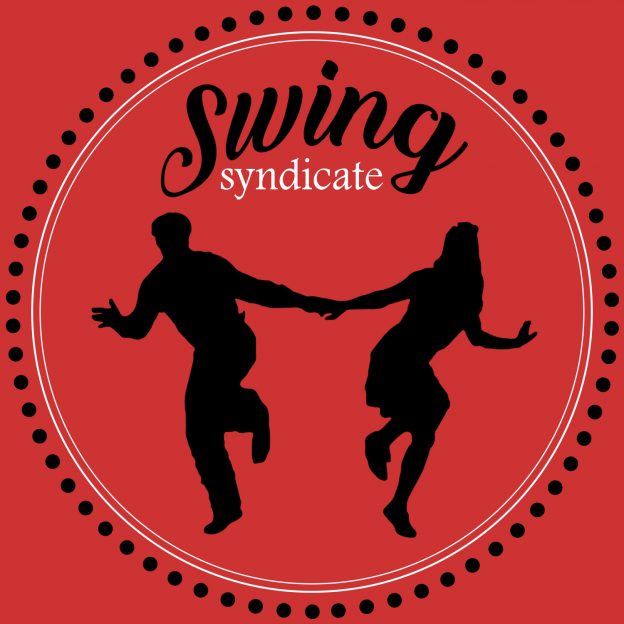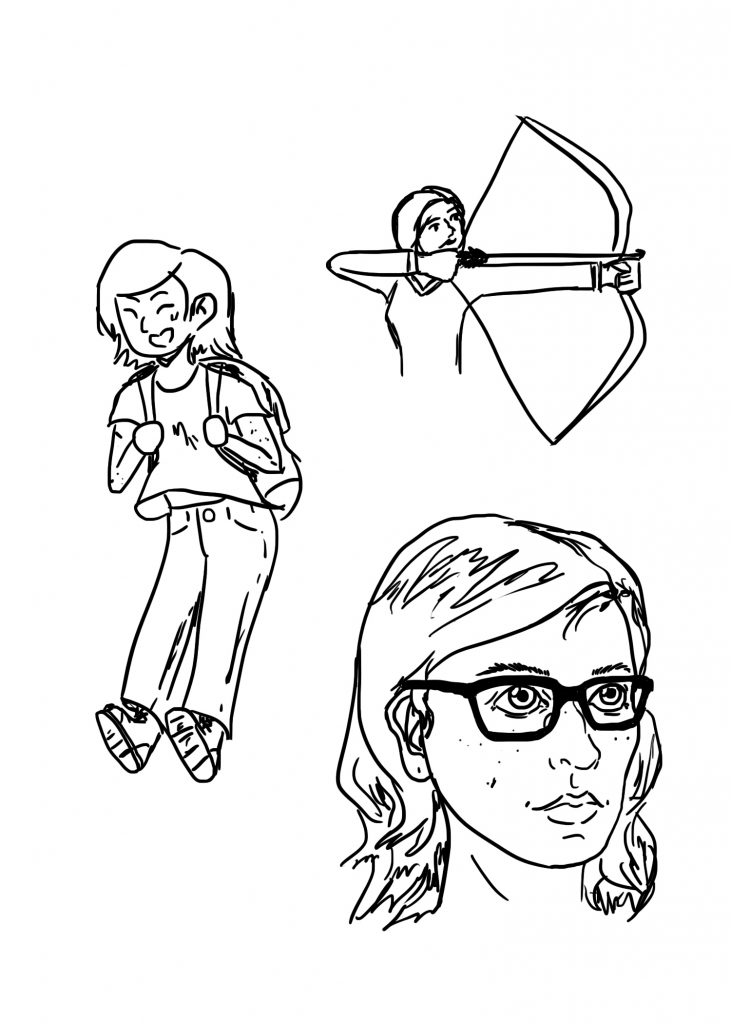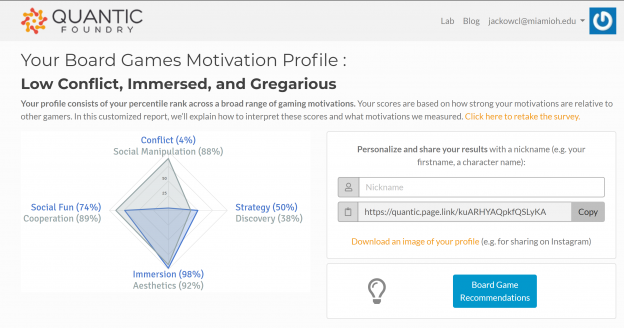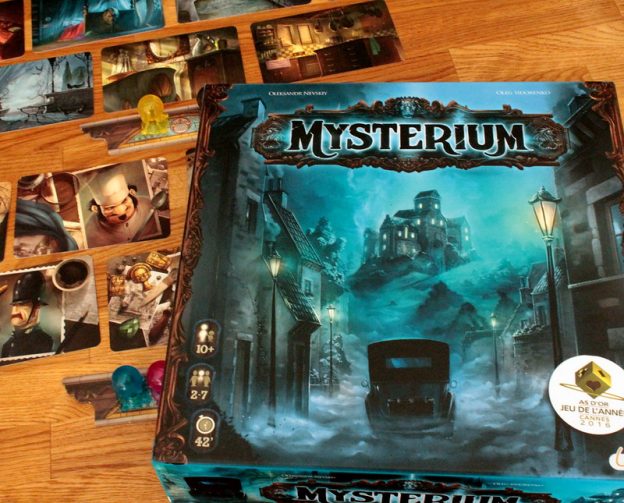I decided to create a BuzzFeed quiz based off of characters from the game Don’t Starve. I decided to choose this because each character from Don’t Starve has a unique personality with quirks, perks and drawbacks. I started with the original 9 characters and gave an overview of each character in the results as well as what that might say about the quiz taker’s own personality. Each character’s backstory and personality are over the top stereotypes so giving basic traits to the quiz taker based on the character is more likely to be resonated with. After that I imagined what each character from don’t starve would be like if they were a leader, how would they treat their followers and what would people go to them for and added that to each result as well.
I asked my friends to take this quiz and tell me their result. Then I asked them if they believed it accurately depicted them or not and why. Most of my friends believed it to be mostly accurate to them but some were just a little too off.
The first one to take the test was Nick. He got the result Wendy. Wendy is a sweet girl whose sister haunts her. I had her answers be mostly related to family, love, and care. Nick told me that he does like to be alone in his head or outside somewhere. He believes he is a caring leader and loves to listen to other’s stories and problems. The only inaccurate thing was that he didn’t have that strong of a connection with his mom.
The second one to take the test was Jeremy. He got the result WX-78. WX-78 is a self-sustaining robot who constantly improves himself and hates humans. I geared his answers towards logical thinking and being alone without any desires or emotions. Jeremy believed this is really close to accurate for him in the sense that he doesn’t like rainy days, generally doesn’t like people, loves his pets, and is a logical thinker. The only inaccurate thing was that he is an emotional person, not a heartless robot.
The third person to take the test was Connor. He got the result Wes. Wes is a silent French mime who expresses his emotions through physical motions and painting. I made his answers fall towards indecision, quietness, and wanting to have only close friends. Connor believed this result was accurate to him because he can lead a group of friends and express with art. He had no complaints with his result.
The fourth person to take the test was Daniel. He got the result Maxwell. Maxwell is the antagonist of the game and is entertained by watching the other players struggle to survive. However, he crawled his way to the top after being at an all time low and decided to focus his answers on competition, winning, and himself. Daniel thought this was kind of accurate in the sense that he is competitive, but he loves people, doesn’t see them as subjects, and tends to have good relationships.
The fifth person to take the test was Riley. He got the result Wolfgang. Wolfgang is a strong character who can take on the toughest foes and has a high self-esteem. I aimed his answers at strength, confidence, and attention. Riley thought this result was accurate for him except he hoped he didn’t come across as boastful.
The sixth person to take the test was Zach. He got the result Wilson. Wilson is a witty, creative scientist who isn’t that good at being a scientist. I geared his answers toward creativity, ideas, and not being good enough. Zach did not think this result was accurate at all. He is extroverted, hates the winter, is afraid of the unknown, and says that no one goes to him for creative input. The only thing that this result kind of got right was that he means well even if nothing goes to plan. Zach then decided to take the quiz a second time and he got the result Wes, like Connor. He once again did not think the result accurately portrayed him because he is not silent and doesn’t communicate with art.
The seventh person to take the test was Maggie. She got Maxwell as her result, like Daniel. She was sad that the result said she would rather be feared than loved.
The eighth person to take the test was Rebecca. She also got Maxwell. She said that it was accurate because she liked control and to be respected but that it was inaccurate because she appreciates input from others and doesn’t make gut decisions.
The ninth person to take the test was Julia. She got Wendy like Nick. She said she’d like to think it fits but she said that she does need to work on her active listening skills more for it to fit perfectly.
The tenth person to take the test was Mackenzie. The got Wolfgang like Riley. She said it was accurate because she is confident, opinionated and likes to command a room. She also says she prioritized health, but she doesn’t center her life around it. She only thinks its inaccurate because she doesn’t see herself as a leader and people don’t look to her for instruction.
The eleventh person to take the test was Ethan. He got Woodie. Woodie is a polite Canadian lumberjack stereotype who also turns into a werebeaver. I centered his answers around hard work, the outdoors, and being polite to people. Ethan believed this was fitting because he is down to Earth, people respect him and his values, and he also definitely turns into a werebeaver.
So overall, I think my test was accurate with some exceptions. Tests that categorize people can’t all be winners because humans are too complex to begin with to be put into 1 of 9 characters from a video game.
Take the test for yourself here:
https://www.buzzfeed.com/jackowcl/what-dont-starve-character-are-you-and-what-does-8yay0v5dcx







